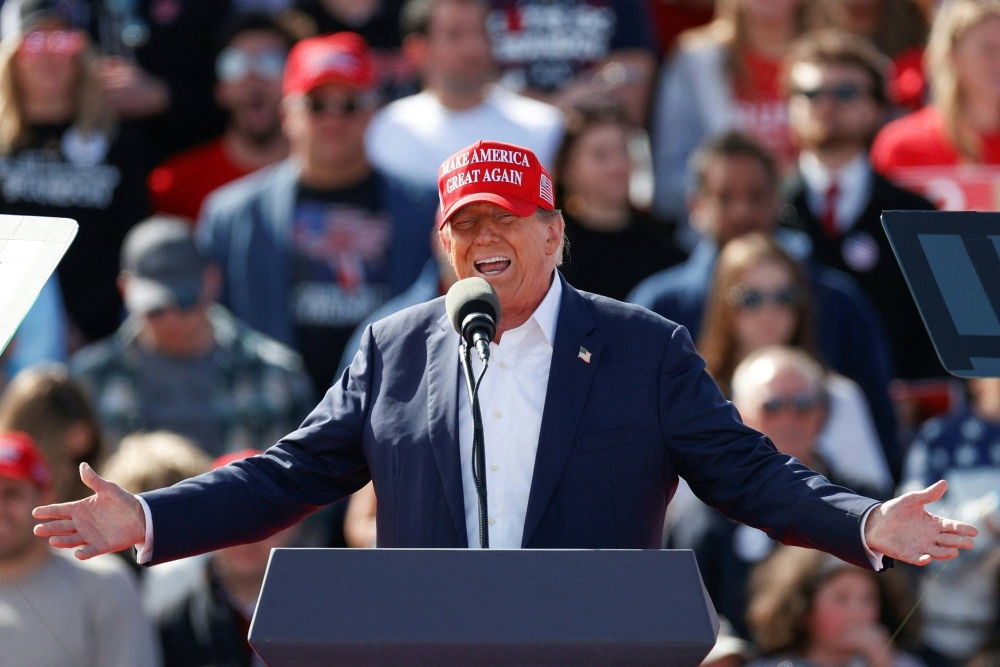Among her final acts as chair of the Republican National Committee, Ronna McDaniel requested that her colleagues endorse the two people handpicked by Donald Trump to replace her. Following loud cheering, she announced that she would not even bother to ask if there were any “nays.” It was a telling moment: Procedures meant to ensure a democratic process within the party were entirely replaced by acclamation.
Trump is hardly the only far-right populist leader to have subjugated a political party to his will. The hijacking of a party’s machinery is a common pattern among populists and would-be autocrats and history shows that it can have truly dire consequences for a democratic political system. After all, turning your party into an autocracy is a logical first step toward turning your country into one.
True, appeals for democracy and pluralism within political parties can sound like idealism. Endless, exhausting, pedantic debates usually result in a “victory” for the most eloquent party hack — or perhaps for the person with no child care responsibilities the next morning. Moreover, internal democracy — like primary elections in the United States — may be structurally favorable to ideological purists who prefer extreme candidates or it may elevate people who treat politics like a hobby and prioritize the process over the results.

